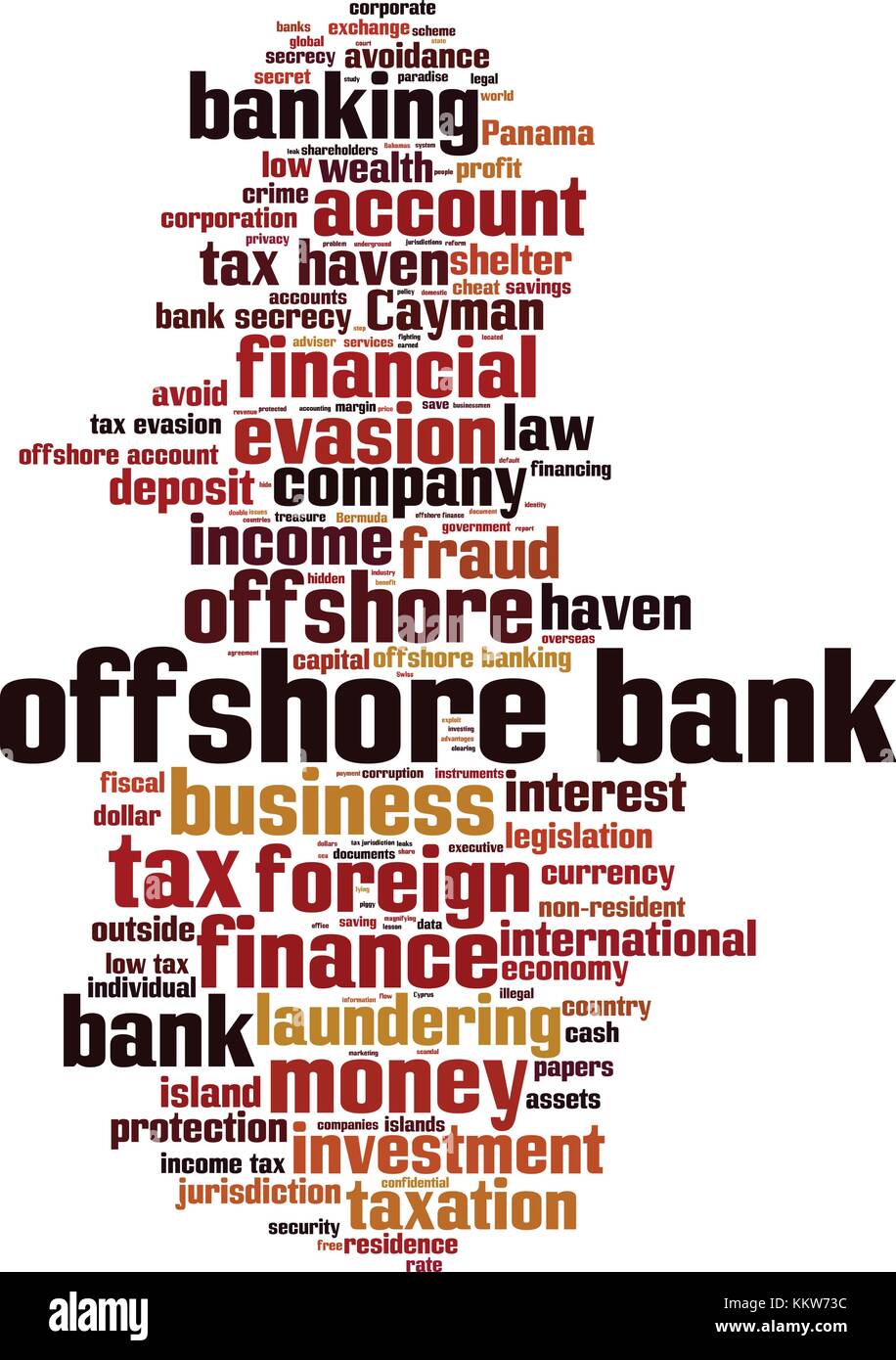Offshore Company Formation : A Comprehensive Overview for Entrepreneurs
Offshore Company Formation : A Comprehensive Overview for Entrepreneurs
Blog Article
Recognizing the Legal Implications of Offshore Company Formation

Legal Framework for Offshore Business
When developing an overseas firm, understanding the lawful framework governing its development and operation is critical for conformity and danger management. Offshore business run under details regulations and laws that differ from those of onshore entities. The lawful framework for overseas companies normally includes stipulations for company enrollment, shareholder needs, director obligations, and tax obligation commitments.
Firm registration involves sending the needed documentation to the ideal governing authorities in the picked jurisdiction. This process often calls for detailed information about the firm's structure, shareholders, and desired activities. Additionally, overseas companies have to follow particular investor requirements, such as maintaining a register of shareholders and maintaining this info approximately date.
Supervisors of overseas business have fiduciary duties to act in the finest rate of interests of the firm and its shareholders. By sticking to the lawful structure controling overseas business, services can run with confidence while decreasing legal dangers.


Tax Ramifications and Regulations
Comprehending the tax ramifications and guidelines is paramount when thinking about the establishment and procedure of an overseas business. Taxes play a vital function in the decision-making process of whether to set up an offshore entity. Offshore firms are frequently subject to desirable tax programs, providing reduced or no tax prices on foreign-earned earnings. It is necessary to navigate these tax obligation benefits meticulously to make sure compliance with both the laws of the overseas jurisdiction and the home country.
Tax guidelines for overseas business differ significantly throughout jurisdictions, and it is crucial to seek experienced advice to recognize the specific requirements and commitments. Comprehensive knowledge of tax legislations and laws, as well as proper tax obligation preparation, are essential to make sure the compliant and effective operation of an overseas company.
Conformity Requirements and Coverage
Making certain compliance with regulatory needs and preserving exact reporting are crucial facets of managing an offshore business efficiently and transparently. Offshore firms need to follow the laws and guidelines of both the jurisdiction in which they are incorporated and any type of other appropriate jurisdictions where they carry out organization. Compliance needs typically include filing annual returns, monetary statements, and tax obligation reports with the suitable authorities. Failing to satisfy these obligations can result in penalties, penalties, and even the revocation of the business's registration.
Along with regulative compliance, offshore business are Related Site often subject to reporting needs to guarantee openness and stop illegal activities such as cash laundering or tax evasion. Coverage responsibilities may include divulging details concerning the business's ownership framework, monetary activities, and recipients. This information might require to be shared with regulative bodies, tax authorities, or various other governmental companies, depending on the territory.
Keeping complete and exact documents is vital for showing compliance and replying to any kind of questions or audits successfully. Offshore firms need to implement robust coverage systems and internal controls to make sure that they satisfy all lawful requirements and run with integrity.
Property Protection and Privacy Rules
In the realm of overseas firm development, an important consideration is the interplay in between asset protection techniques and personal privacy regulations. By structuring possessions within an offshore company, individuals can safeguard their wealth and expand their holdings across different lawful frameworks. Ultimately, comprehending the complex partnership in between possession security strategies and personal privacy legislations is vital when taking into linked here consideration offshore business formation.
Difficulties and risks to Think about
When venturing right into offshore business formation, sensible consideration of potential dangers and difficulties is vital for informed decision-making and critical planning. Additionally, political instability or adjustments in overseas territories can pose a threat to the continuity of operations and the defense of possessions held by the offshore company.
Difficulties might likewise arise concerning the complexity of overseas company structures and the requirement for experienced legal and economic guidance to navigate the intricate regulative structures of different territories (offshore company formation). Preserving conformity with differing international laws and regulations, as well as potential language obstacles and social distinctions, can further complicate the overseas business formation process. It is important to be familiar with these risks and obstacles before proceeding with overseas business formation to mitigate potential risks and make sure a smooth and legitimately sound facility
Final Thought
In conclusion, overseas firm formation entails browsing complicated lawful frameworks, tax implications, compliance needs, and personal privacy legislations. Recognizing these elements is essential for minimizing obstacles and threats associated with overseas service operations. It is essential for individuals and services thinking about offshore firm development to look for professional guidance to make certain conformity with laws and to safeguard their properties properly.
The legal framework for offshore firms commonly includes arrangements for firm registration, shareholder needs, supervisor duties, and tax obligation commitments.
Directors of overseas companies have fiduciary responsibilities to act in the best interests of the company and its shareholders. By adhering to the legal framework governing offshore business, services official statement can run with confidence while minimizing lawful risks.
In addition, political instability or changes in offshore jurisdictions can present a threat to the continuity of procedures and the defense of assets held by the offshore firm. - offshore company formation
In final thought, offshore business development entails browsing complicated legal structures, tax obligation implications, compliance demands, and privacy legislations.
Report this page